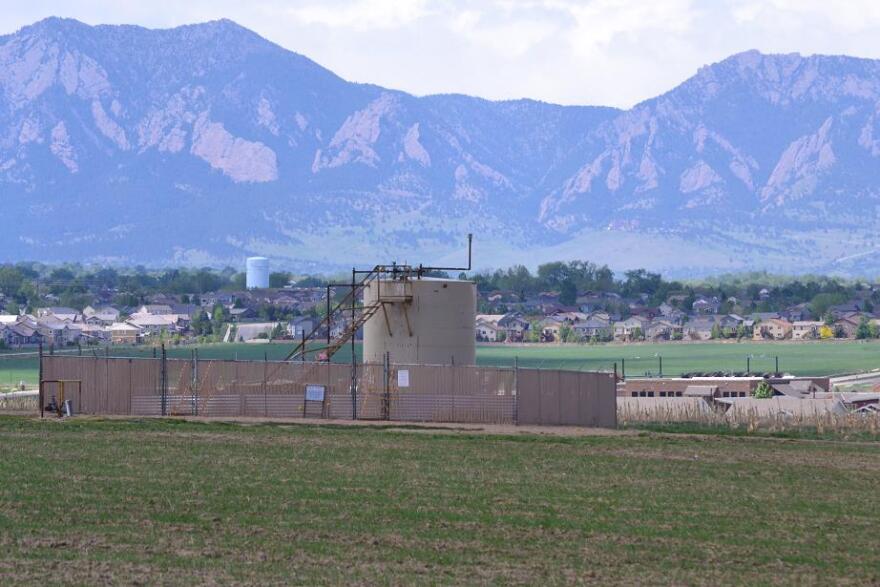Despite new regulatory rules, Democratic leaders at the statehouse hope to introduce bills of their own dealing with the impacts of hydraulic fracturing.
This comes as Governor John Hickenlooper is touting Colorado’s current regulations on fracking as a national model.
The state’s oil and gas commission recently adopted new rules for fracking, including increasing the setback distance from oil and gas wells to buildings and homes. Many Democratic lawmakers, including senate majority leader Morgan Carroll of Aurora, think a 500 foot setback distance is still too close and the rules too lenient.
“While it’s a move in the right direction, the proximity to high-density urban areas is still going to be problematic,” she said. “There are a lot of residents and homeowners out there that don’t feel like they’re getting the safety protections they’d like to see yet.”
Carroll says several lawmakers in both chambers are planning to introduce a variety of bills related to fracking.
“We’re still woefully understaffed, we haven’t looked at public health in any way, the concept of fugitive emissions for air quality still needs to be looked at and a host of environmental best practices.”
Right now lawmakers are keeping the details close to the vest, and stricter laws could meet resistance from Governor John Hickenlooper. He says the state already has stringent rules in place. He even testified before the U.S. senate committee on energy and natural resources saying Colorado has struck the right balance.
“We do have the most rigorous set of regulations around oil and gas in the United States. Everyone else who was there is looking at us and saying huh, you’re really going to require water testing before and after drilling wells? You’re going to increase a setback do you realize that’s a taking? Everywhere we went people said how are you negotiating this?” said Hickenlooper.
When asked about possible groundwater contamination from fracking, Hickenlooper told the senate committee that he once drank frack fluid that was made from food additives. He said it wasn’t tasty, but he’s still alive. The comments angered the environmental community.
“It leaves the impression that this fracking fluid and oil and gas development is safe in Colorado,” said Chris Arend with Conservation Colorado. The group wants the Governor to take a stronger stance on protecting public health from the impacts of energy development. Specifically they're hoping for tougher air quality standards.
“There are known impacts to our air from oil and gas, particularly health impacts. We feel like there are many things the state could be doing to be on the forefront of things to protect our air. We don’t think we’re there yet.”
For his part Hickenlooper says his comments on drinking frack fluid were taken out of context.
“It wasn’t intended as a political statement it was intended as a description of the honest effort of companies to have an industrial fluid that’s totally harmless to the environment,” he said.
Hickenlooper admits the fluid he drank is only a prototype and is too expensive right now for commercial use. He clarified his statement and says there is no frack fluid being used today that anyone would want to drink.







